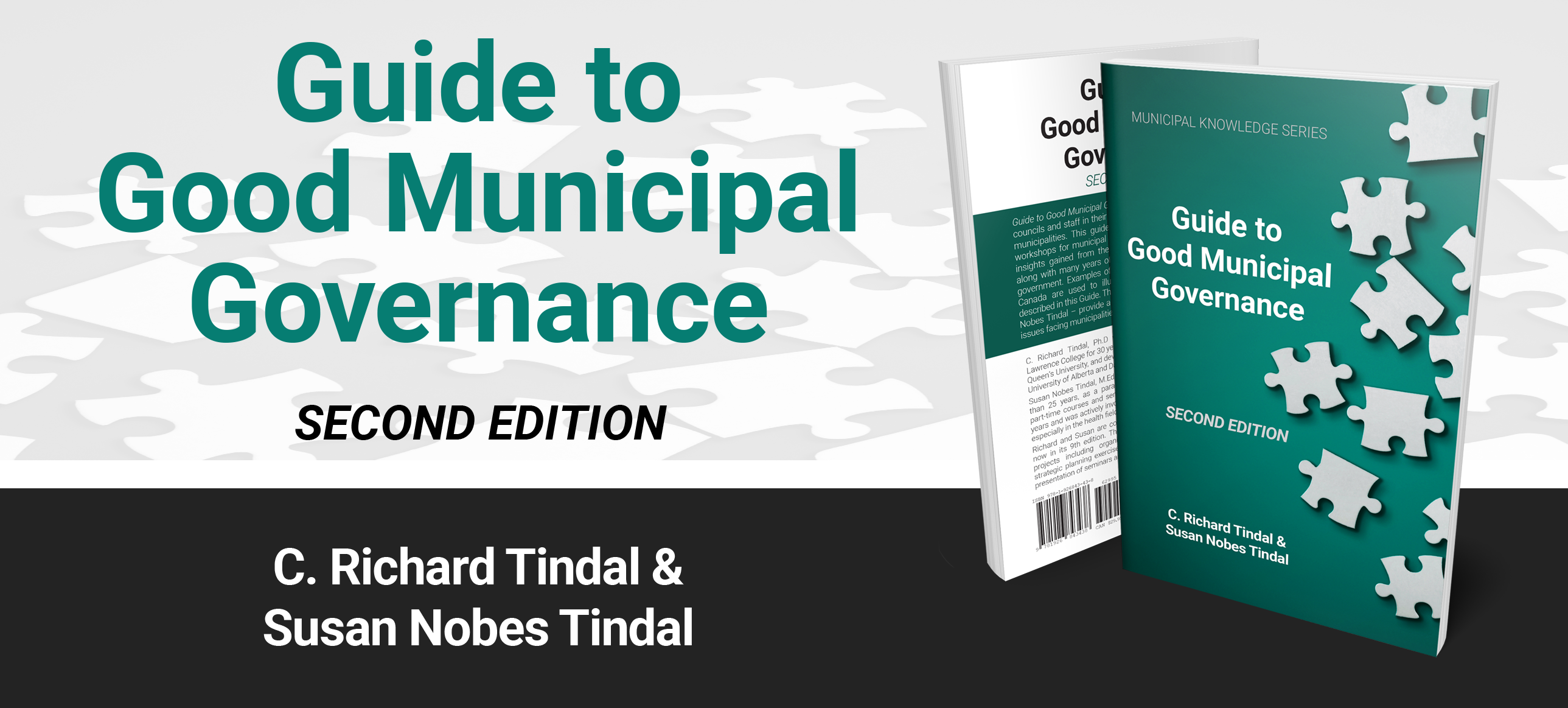Bad behaviour at work?

Driving needs can explain why
Imagine that you have a particular superpower that enables you to understand what drives people – the ability to decode why people act out and pull stunts that drive everyone to distraction.
Making sense of bad behaviour might take a bit of the mental churn out of your day. Maybe you’d vent less and sleep better – or be more present for your kids. One thing’s for sure, you’d be able to better interpret and anticipate others’ actions – and that could be helpful.
At Juice Inc., we specialize in helping people understand what drives them (and their co-workers) to do what they do. With that goal in mind, we partnered with Municipal World to introduce the Juice Check, an assessment designed to help you understand exactly what’s energizing people and what’s depleting people in the municipal environment.1
The Juice Check measures the five elements that help people stay engaged at work:
- “I Fit”
- “I’m Clear”
- “I’m Supported”
- “I’m Valued”
- “I’m Inspired”
It’s good to understand what’s engaging you (and what’s not) at work. What’s more helpful is to understand the deeper human need that drives each of those five dimensions.
Oxygen-like Needs
We all have five driving needs that feel as vital and urgent to us as the very air we breathe. When these needs are met, we breathe easy and work goes great. When they go unmet, we begin to feel suffocated. We panic and thrash about in an effort to restore the flow of oxygen. This reaction is understandable. After all, it’s oxygen we’re talking about.
When you discover your own “needs mix” and that of your co-workers, organizational life becomes a bit simpler to understand. The five driving needs are discussed below.
Belonging – There are situations where our greatest need is for inclusion and connection. Being tribal creatures, we find social acceptance deeply energizing. For example, if you’ve just joined a new team, chances are your need for belonging will feel pretty important.
Security – When we feel off balance, what we need most is structure, clarity, and predictability. A sudden disruption or unforeseen setback can instantly ratchet up our need for security.
Freedom – There are times when what we need most is autonomy – the chance to make decisions, take risks, and prove ourselves. If you’re feeling micro-managed, your need for freedom becomes paramount.
Significance – Sometimes progress and achievement are what we need most. Feeling valued and respected is always healthy, but there are days when that kind of recognition matters more than anything else.
Meaning – There are times when our greatest need is contribution. We want a cause that transcends our own little world. We want to make a difference. We need to know our life matters.
Understanding What Matters Most
We’ve taken thousands of people through an experience called Oxygen Poker – a game that helps them understand exactly what matters most to them and to their teammates. People will often identify one thing that matters more to them than anything else. For example, some people say feeling respected is the most important thing to them: “I need to know I’m a valued member at the table – that people appreciate my contribution.” This issue (feeling valued and respected) can be a deal-breaker for them.
We would ask such a person, “How might you act out if your deal-breaker was put at risk or threatened? Let’s say you’re sharing an idea in a meeting and someone starts rolling their eyes and shooting down your idea before you have a chance to develop it. How would you act out?”
They might respond, “Well, first I start to shut down. Self doubt gets triggered. I go inside my head and start second-guessing my thinking, wondering if I said something wrong – or stupid.”
“And what happens next?”
“One of two things will happen – neither one of them pretty; I either shut down and disengage for the rest of the meeting, or I get really aggressive and start attacking the other person’s position.” It’s at this point in the Oxygen Poker exercise that this person (and everyone else) begins to see how oxygen-like our driving needs are. When the need to feel valued and respected goes unmet, this person resorts to unsavoury behaviours that mystify their colleagues.
Behaviours like this can be seen as an unskillful expression of an unmet need.
Let’s think about our five driving needs for a second. A cliquey person may be seen as a snob, but it’s more likely they’re someone whose driving need is belonging – it’s just being expressed unskillfully.
The micromanager can be seen as a control freak, but it’s equally possible their driving need is security – and they just can’t bear the thought of things going off the rails.
The person who pushes the boundaries is often perceived as a maverick, but often they’re someone who has a valid need for freedom. When they go rogue and act as if they’re above the rules, it can be an unskillful expression of their need for autonomy.
The person who interrupts you and always has to be right could be seen as a narcissist, but they might just be someone who has a valid need for significance.
The person who is overly passionate and emotional can be seen as a pushy evangelist for their cause, but the odds are they’re someone who has a driving need for meaning.
The seeds of charitable interpretation are embedded in this concept. So, when you see bad behaviour, you can think, “What an idiot – how do we get them off the team?” or you can ask yourself, “What’s the unmet need and how do I partner with them to help them get their need met more skillfully?”
Here’s where the Juice Check results become instructive. Each of the five categories is an access point to the five driving needs we’ve been discussing.
- When people feel they fit in their role and on their team, their need for belonging can be met.
- When people feel clear, their need for security can be met.
- When people are equipped and supported, they can deliver their responsibilities – their need for freedom can be met.
- When people feel valued, their need for significance can be met.
- When people feel inspired, their need for meaning can be met.
In our next article, we’ll bring everything together. We’ll connect the dots between the Juice Check results and the way people act out when their needs go unmet. We’ll turn on your superpowers so you can make sense of some of the behaviours (both good and bad) you see around you. Stay tuned.
1 If you haven’t seen the results of the assessment yet, go here: https://municipalworld.com/feature-stories/page.php?postid=1441.
Brady Wilson has a vision: organizations that pulsate with innovative energy. As the Founder of Juice Inc., he functions as a human energy architect, working with leaders to build the conditions in which innovation, value creation, and unforgettable customer experiences can flourish. He helps leaders step into life’s grittiest tensions, inspiring them to create a sustained approach to positive change – and better business results.
as published in Municipal World, May 2018



